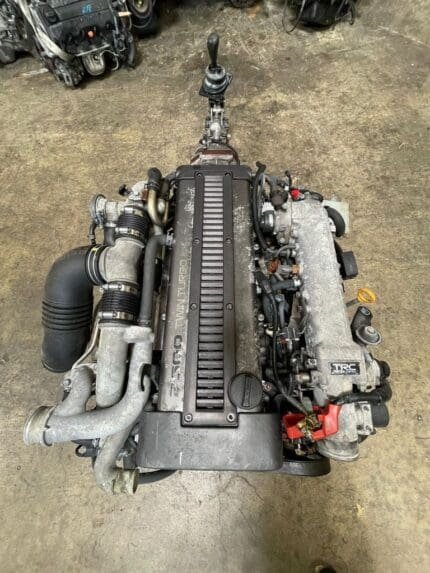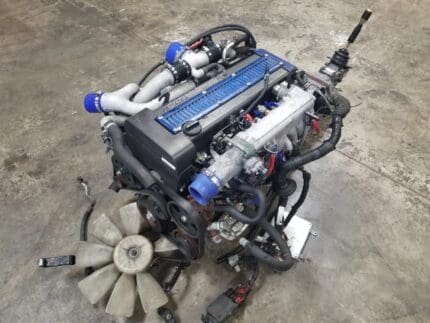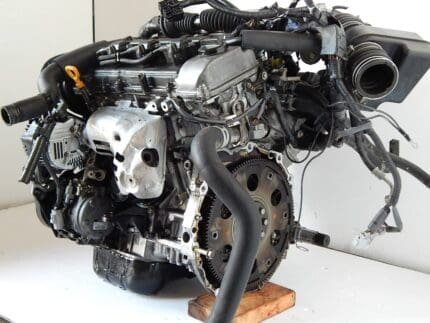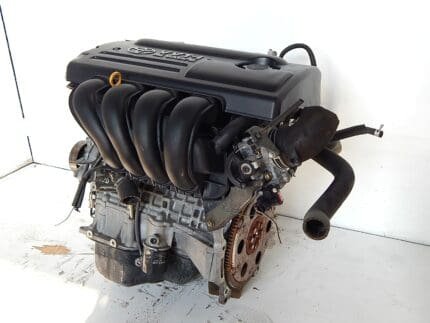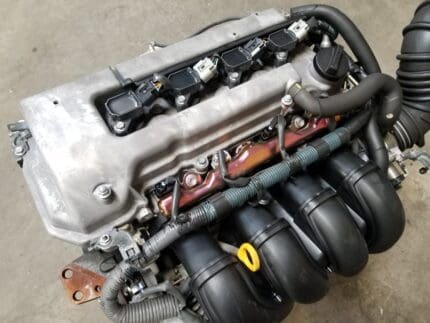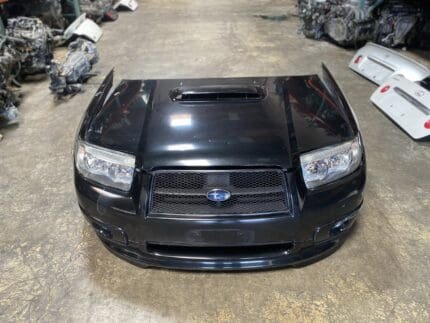Used Engines
Used Engines: A Comprehensive Guide to Buying and Maintaining
Used engines offer a cost-effective solution for vehicle owners needing a replacement without the high costs of purchasing a brand-new engine. In this article, we’ll delve into the benefits, considerations, and maintenance tips for used engines, helping you make an informed decision.
Benefits of Buying a Used Engine
1. Cost Savings
One of the primary reasons people opt for used engines is the significant cost savings compared to new engines.
Example Image Placeholder:
- Caption: A mechanic inspecting a used engine for quality assurance.
2. Environmental Benefits
Purchasing a used engine contributes to recycling and reduces waste, supporting sustainable automotive practices.
3. Availability for Older Models
Used engines can be the best option for older vehicles with discontinued engine models, ensuring compatibility and functionality.
Factors to Consider When Buying a Used Engine
1. Engine History
Ask for the engine’s history, including mileage and previous usage. Engines from vehicles involved in major accidents may have hidden damage.
Example Image Placeholder:
- Caption: A used engine with visible signs of wear and tear.
2. Warranty Options
Ensure the used engine comes with a warranty for peace of mind. Many suppliers offer limited warranties covering parts and labor.
3. Compatibility
Verify that the engine matches your vehicle’s make, model, and year. Consult with a professional mechanic to confirm compatibility.
4. Trusted Suppliers
Purchase from reputable dealers or salvage yards known for their quality standards.
How to Inspect a Used Engine Before Purchase
Visual Inspection
- Check for visible damage such as cracks or rust.
- Inspect the oil quality and look for signs of contamination.
Compression Test
A compression test can indicate the engine’s overall health and performance.
Listen for Noises
If possible, run the engine to listen for unusual noises, which may indicate internal issues.
Example Image Placeholder:
- Caption: A mechanic performing a compression test on a used engine.
Maintenance Tips for Used Engines
1. Regular Oil Changes
Use high-quality oil and adhere to the recommended change intervals.
2. Monitor Fluid Levels
Regularly check coolant, transmission fluid, and brake fluid levels to ensure optimal performance.
3. Address Minor Issues Promptly
Small problems can escalate if left unattended. Address issues such as leaks or unusual noises immediately.
Example Image Placeholder:
- Caption: A car owner checking the oil levels of their vehicle.
Frequently Asked Questions (FAQs)
1. Are used engines reliable?
Yes, used engines can be reliable if purchased from a reputable supplier and properly maintained.
2. How much does a used engine cost?
Prices vary widely depending on the make, model, and condition, typically ranging from $500 to $5,000.
3. Can I install a used engine myself?
While it’s possible, professional installation is recommended to ensure proper alignment and functionality.
4. What is the lifespan of a used engine?
The lifespan depends on the engine’s prior use and maintenance. With proper care, it can last several years.
5. What warranties are available for used engines?
Warranties vary by supplier but often cover parts and labor for a limited time, such as 30 to 90 days.
Showing 1–16 of 817 results



